
Innovative partnerships support equitable access to shared bikes, scooters, and other micromobility vehicles
UCLA researchers offer actionable steps to expand affordable micromobility options and improve infrastructure in mobility-disadvantaged communities
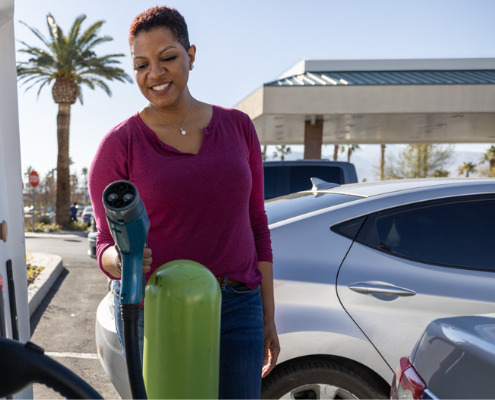
New community-based outreach campaign responds to range of EV adoption barriers
Luskin researchers document lessons on how to improve equitable access to clean vehicles for underserved households
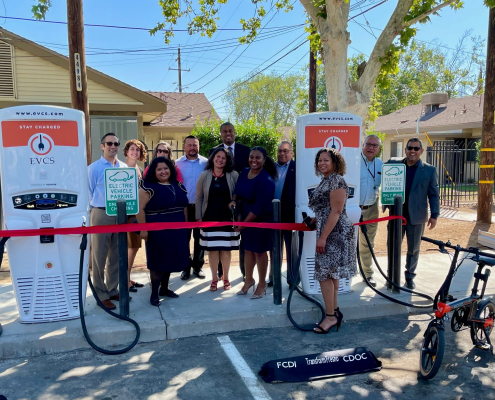
Investments facilitate community-led climate action
New progress reports from UCLA show how the Transformative Climate Communities program deepens capacity in California communities on the frontlines of the climate crisis
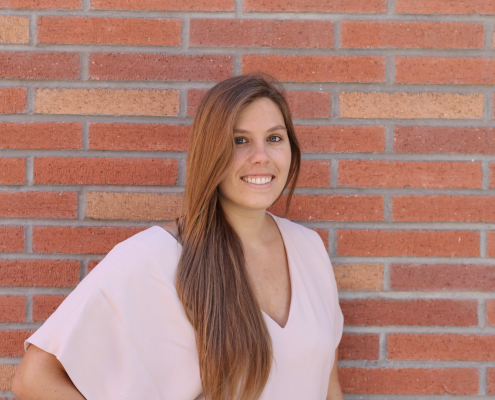
Welcome to our new project director, Rachel Connolly
The Luskin Center for Innovation is excited to welcome Rachel Connolly as our new project director for air quality and environmental equity research.

Shining a light on hidden corners of environmental injustice
Catherine Coleman Flowers fights for the health and dignity of rural communities where water and sanitation systems are failing
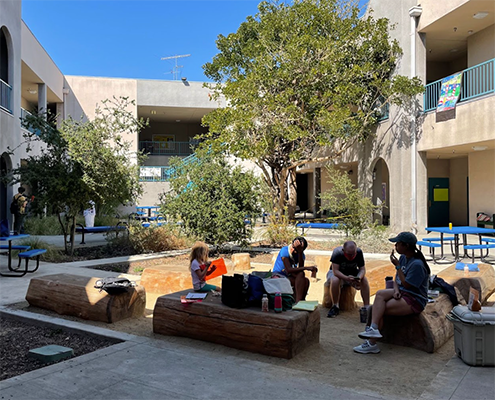 V. Kelly Turner / Luskin Center for Innovation
V. Kelly Turner / Luskin Center for InnovationCalifornia’s K-12 education system is under-prepared for rising temperatures
Heat makes it harder for students to learn and for teachers to teach. Previous research supported by the UCLA Luskin Center for Innovation quantified how these effects exacerbate educational and racial inequalities.
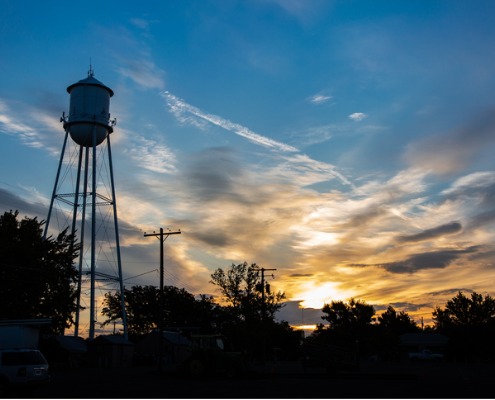
New roadmap sets forth path toward comprehensively assessing the nation’s drinking water quality for the first time
UCLA Luskin researchers and Rural Community Assistance Partnership Incorporated plan to implement the recommendations over the next five years
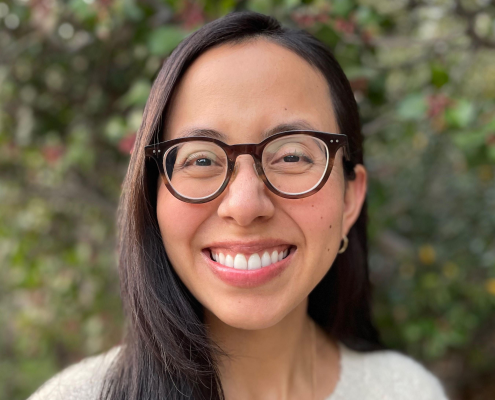
Welcome to our new climate action researcher, Samantha Astudillo
Learn more about our newest team member and her research
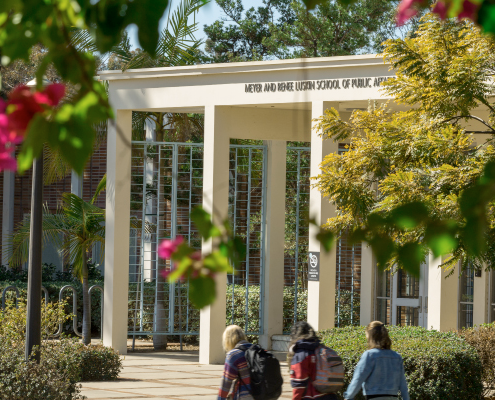
We’re hiring a manager of strategic communications and events
Apply by March 15
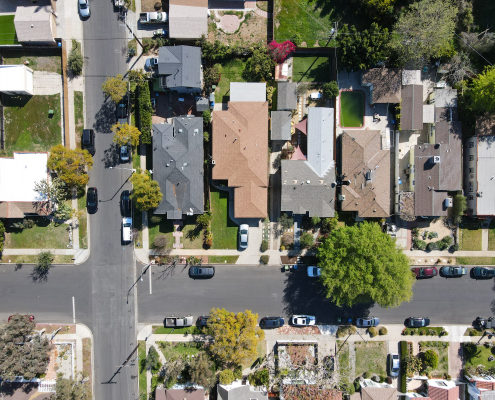 Thomas De Wever / iStock
Thomas De Wever / iStockUCLA researchers study impacts of streets on urban heat
New research finds shade, such as from trees, to be the most effective strategy to cool hot city streets
